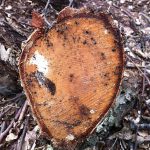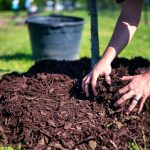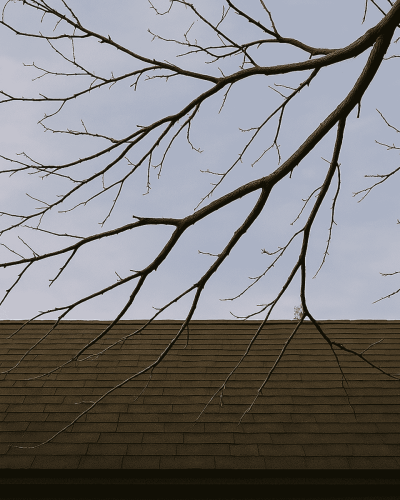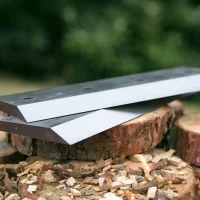
How to Tell If That Tree Stump Is Attracting Pests
July 15, 2025
Eco-Friendly Disposal and Sustainable Gardening with the MODEL 150 CDE Tomcat Wood Chipper
July 30, 2025Why Fire-Safe Landscaping Matters
Fire-safe landscaping is essential for protecting your home and property from the devastating effects of wildfires. South Africa’s dry seasons make many gardens vulnerable to fast-spreading fires fueled by dry brush, dead trees, and dense vegetation. Creating defensible space slows down fires, gives firefighters a better chance to protect your home, and reduces damage risk. It’s not just about safety—fire-safe landscaping can also save you money in insurance costs and preserve the environment around you.
Why Winter Is the Best Time to Act
Many homeowners wait until fire season approaches before clearing their gardens, but winter offers the perfect opportunity. Cooler temperatures and dormant plant growth make it easier to safely remove flammable debris without disturbing wildlife or encouraging regrowth. Starting early helps avoid last-minute stress and ensures your garden is well-prepared before the hot, dry months.
Common Fire-Safe Landscaping Mistakes to Avoid
Even careful gardeners sometimes overlook key risks. People often forget to clear dry leaves and needles from gutters and rooftops, which are highly flammable and can ignite a home directly. Another common mistake is neglecting to trim back tree branches that hang over the roof or chimney, providing an easy path for fire to spread. Garden mulch is another overlooked hazard—organic mulches like bark or wood chips can fuel fires if too close to buildings. Gravel or stone mulches are safer alternatives near your home.
The Hidden Risks: Overgrown Hedges and Wood Piles
Dense hedges, especially those near the house, can act like tinderboxes if not maintained properly. Woodpiles and compost heaps placed too close to structures provide additional fuel and should be relocated at least five meters away. Garden sheds storing flammable chemicals or tools also need attention; storing these items in fire-resistant buildings or away from the main house reduces risk.
Simple Steps to Strengthen Your Defenses
In addition to clearing brush and dead wood, check irrigation systems and keep plants well-watered, especially during the dry months. Remove any dry grasses or weeds around fences and pathways regularly. Keeping garden tools, hoses, and emergency supplies accessible is crucial if a fire does approach.
Conclusion
Fire-safe landscaping isn’t just a one-time task—it’s an ongoing commitment that starts best in winter. By understanding why it matters and addressing common oversights, you can create a safer, more resilient home environment. Don’t wait for the fire season to start taking action; clearing flammable debris now can make all the difference.


